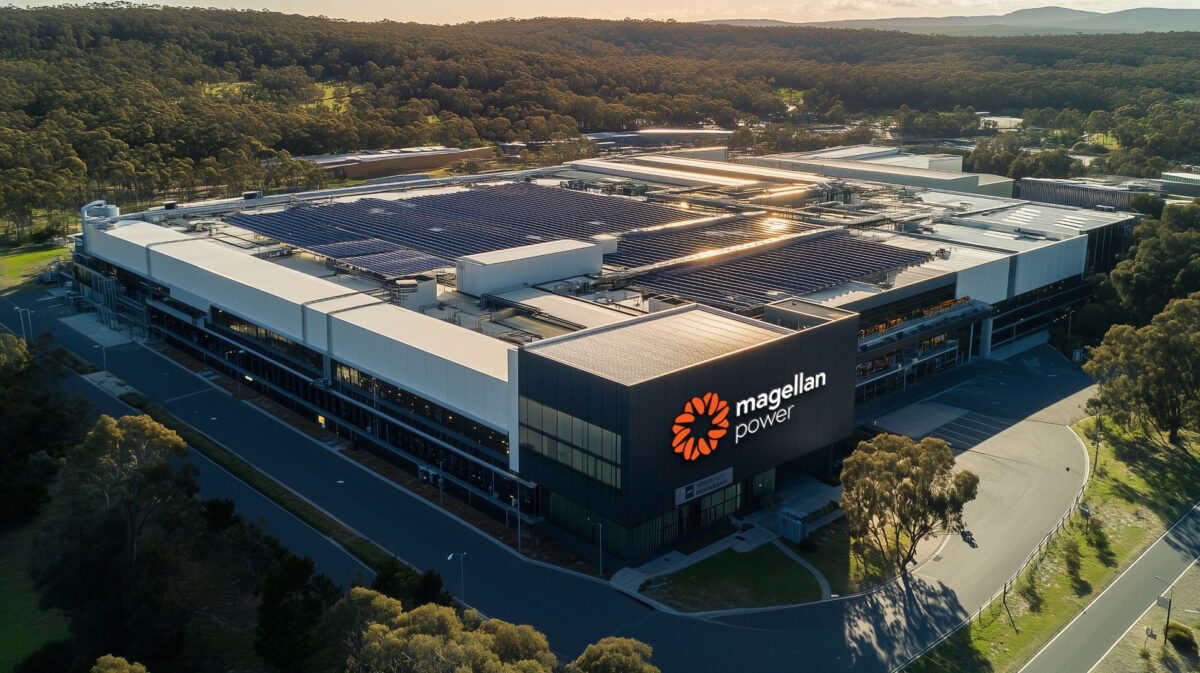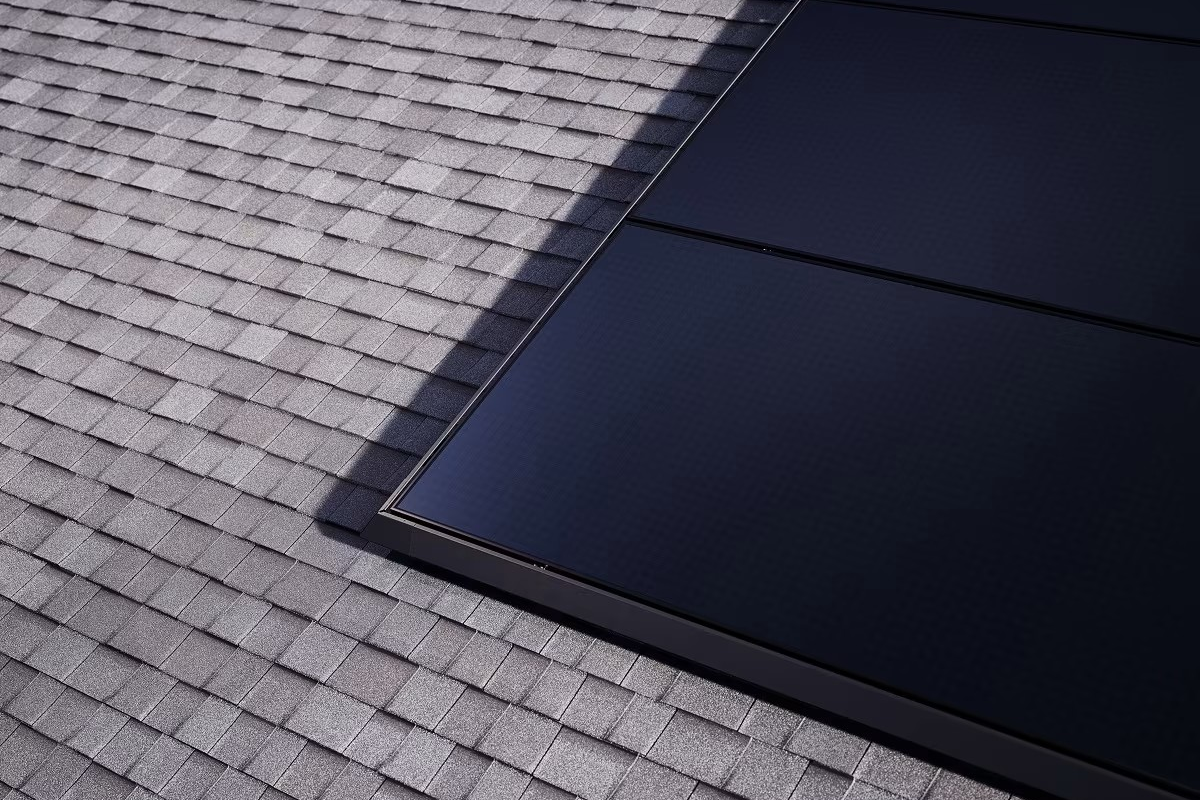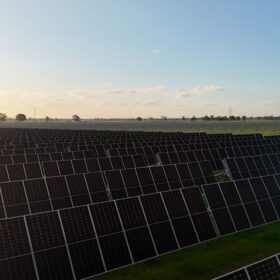Magellan Power is seeking $15 million (USD 9.85 million) from external investors to scale up production of its residential battery and commercial energy storage systems and expand its operations, both in Western Australia and on the east coast.
Magellan, which earlier this year launched its Karri residential energy storage system, said the fresh capital will support the construction of a new 15,000 square metre headquarters and manufacturing facility at Hope Valley in Perth’s south.
The company, which currently manufactures up to 2 MWh of battery systems a year at plant in the Perth suburb of Bibra Lake, said the new facility will allow it to expand production capacity for battery storage, standalone power systems and microgrids, and boost battery recycling capabilities.
“We are planning to expand production, expand geographically and produce new products in multiple sectors,” Magellan Managing Director Masoud Abshar said.
“Our current manufacturing capacity for battery storage systems is approximately 1–2 MWh per year. Our ambition is to scale this capacity to 250 MWh annually within the next five years.”
Absar said Magellan is also planning to establish manufacturing, warehousing, and service capabilities in other states. It has already opened an office in Brisbane in Queensland.
“Each state’s facility will be tailored to local demand, ranging from full-scale manufacturing hubs to distribution centres and service depots,” he said, adding that “this national footprint will allow us to better serve local markets, reduce delivery times, support regional job creation, and strengthen our ability to respond quickly to customer needs.”
Magellan’s expansion plans coincide with surging national demand for residential batteries, community storage, and grid-independent power systems, driven in part by the launch of federal and state government subsidies for home and community battery systems.
Data from market analyst SunWiz shows that in the first 17 days of the $2.3 billion Cheaper Home Battery program, there were more than 7,000 battery systems registered in Australia, and that rate is ramping up.
“The recent introduction of state and federal battery subsidies, along with genuine government commitment to local manufacturing, has been a game changer,” Abshar said.
“The economics of mass-producing home batteries in Australia, particularly in the absence of large-scale demand and government support, made commercial viability challenging for many years.”
“These initiatives have dramatically improved market conditions, making it viable for Australian companies like Magellan to scale production and compete with imported systems.”
This content is protected by copyright and may not be reused. If you want to cooperate with us and would like to reuse some of our content, please contact: editors@pv-magazine.com.









1 comment
By submitting this form you agree to pv magazine using your data for the purposes of publishing your comment.
Your personal data will only be disclosed or otherwise transmitted to third parties for the purposes of spam filtering or if this is necessary for technical maintenance of the website. Any other transfer to third parties will not take place unless this is justified on the basis of applicable data protection regulations or if pv magazine is legally obliged to do so.
You may revoke this consent at any time with effect for the future, in which case your personal data will be deleted immediately. Otherwise, your data will be deleted if pv magazine has processed your request or the purpose of data storage is fulfilled.
Further information on data privacy can be found in our Data Protection Policy.